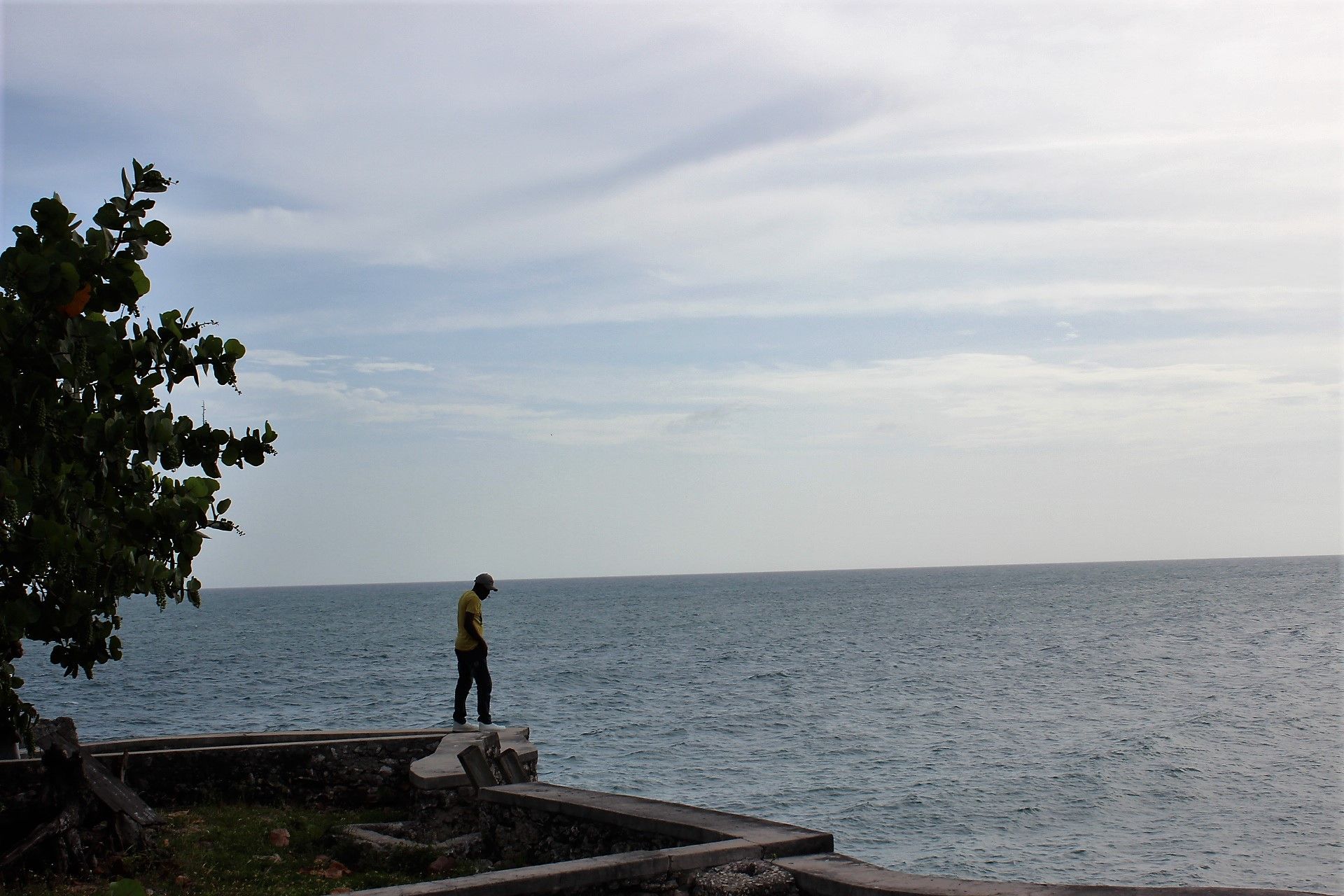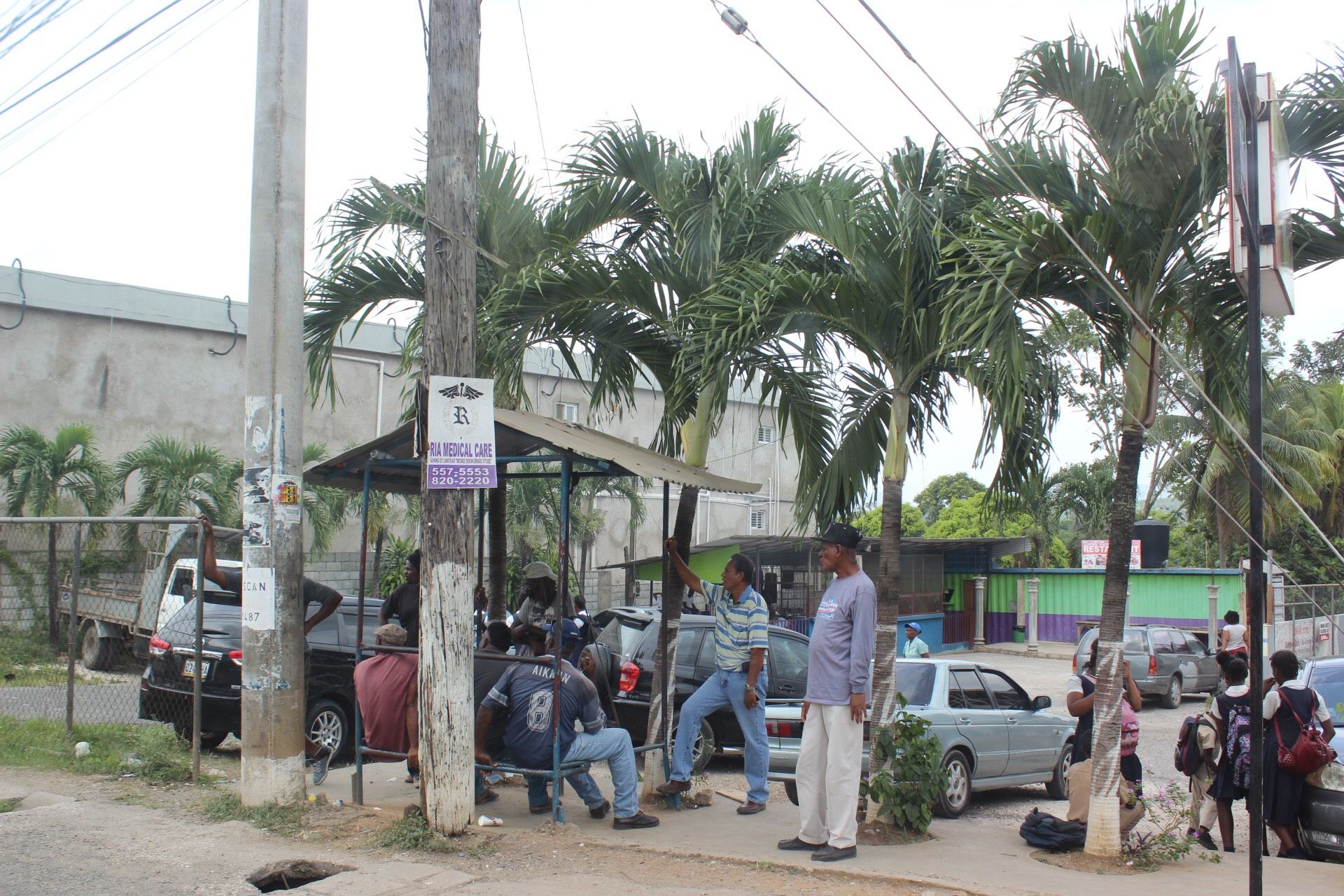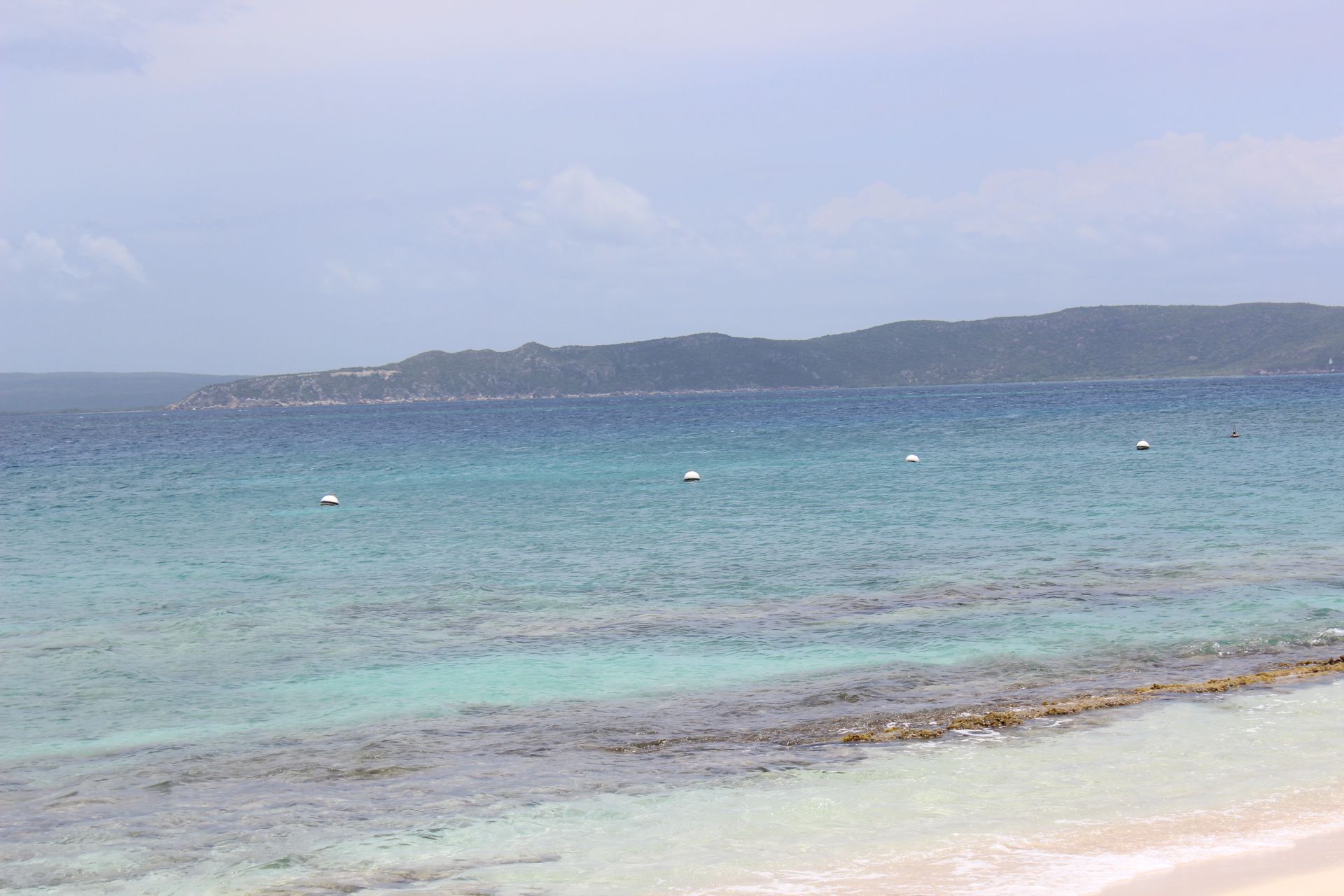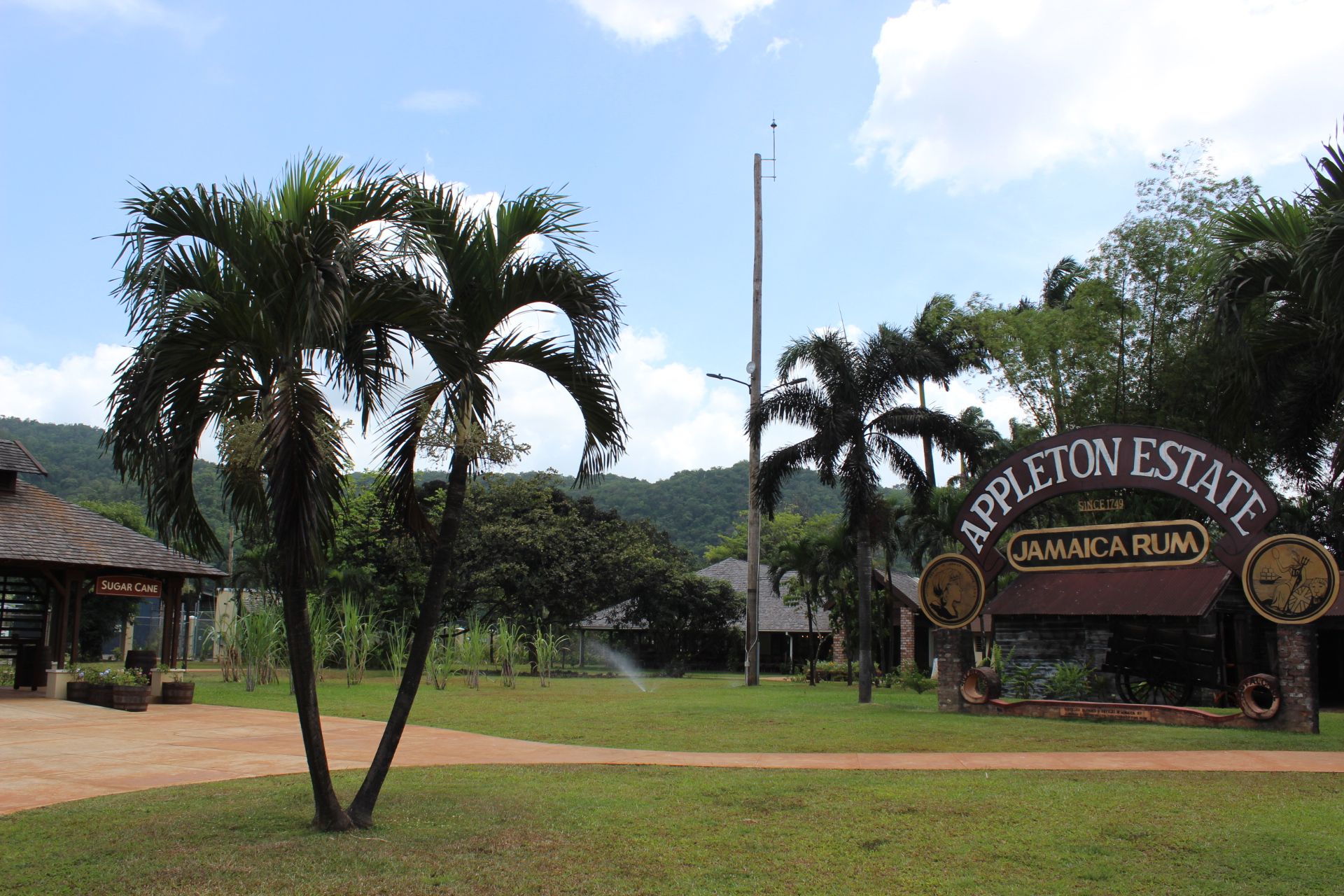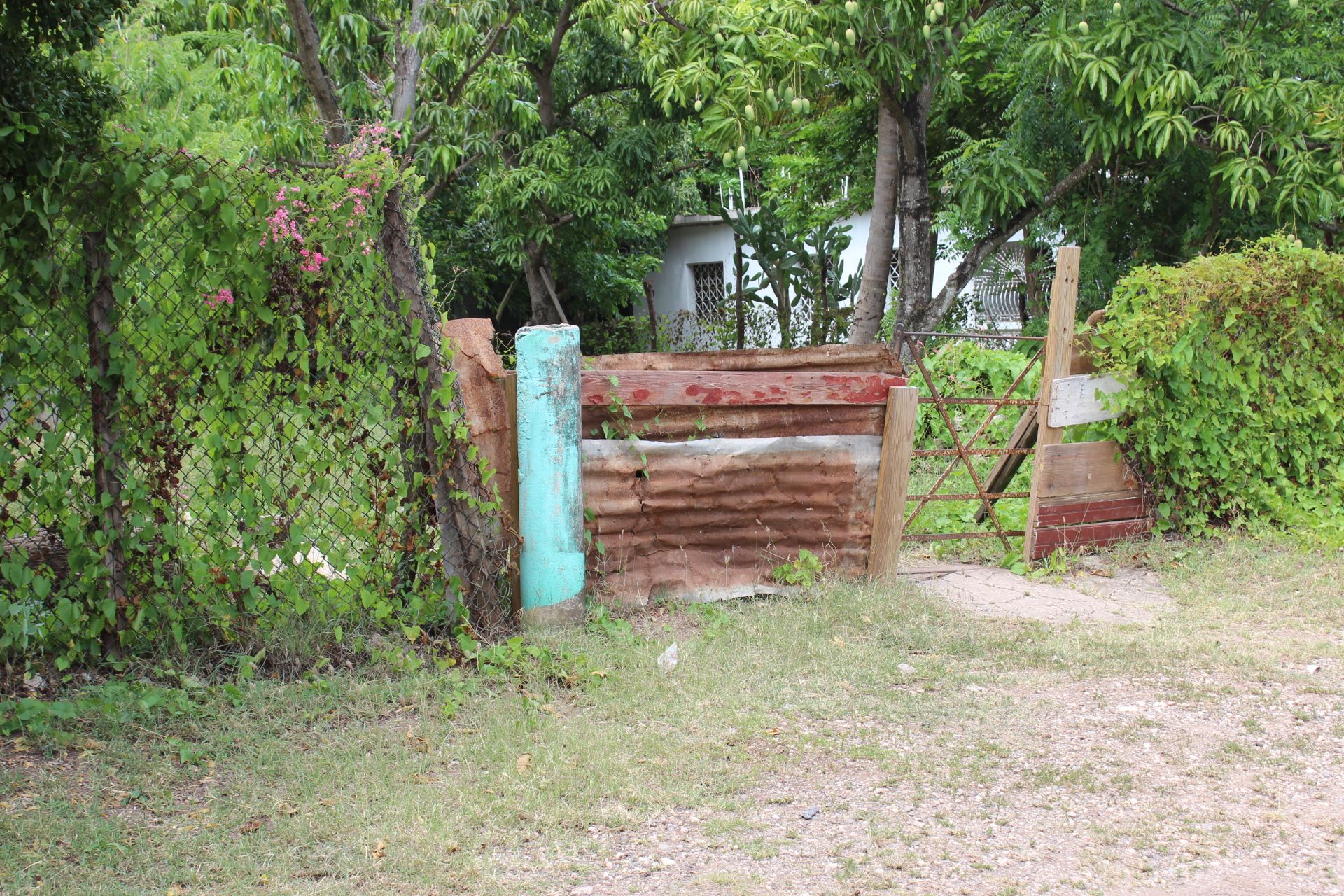When Andrew Gordon, at the age of seven, moved from Jamaica to the U.K., with his mother, he envisioned a bright and prosperous future ahead of him. He obtained a British education, secured employment, and eventually started a family. Just decades later, Gordon could not predict the unforeseen events that would lead to his deportation back to Jamaica without his family.
Following a long and strenuous day of work in 2017, Gordon was met at his flat by British authorities. They accused him of not being a British citizen, handcuffed him, threw him into their van, and took him to the local detention center. In less than 24 hours, Gordon was deported back to Jamaica. “Without any real explanation, I was deported from Great Britain to Jamaica, because as a Jamaican, I was seen as a threat to the public—they told me,” said Gordon.
After World War II, Britain was faced with two challenges: a damaged infrastructure that needed immediate repair and laborers willing to do tedious work. Empire Windrush, the British ship traveled to Jamaica, Trinidad and Tobago, and Barbados, already colonized by the United Kingdom, seeking aid. On June 22, 1948, the ship returned with some 500 passengers aboard. Those who answered the call have been classified or categorized as “the Windrush Generation.”
The Windrush Generation refers to Caribbean nationals who arrived in Great Britain as immigrants under the Immigration Act of 1948. This act granted the unskilled workers and some veterans from the islands entry into the country and British citizenship. Due to successful advertisements from the United Kingdom, thousands more Jamaicans, Trinidadians, and Barbadians traveled with their children (no passports necessary) to Great Britain to work and begin a new life.
Today many people of the Windrush Generation who do not have British citizenship, despite having lived and been formally educated there for decades, are now facing deportation.
The Windrush Generation cases have transitioned from low-profile to national scandals after The Guardian began uncovering cases of people who arrived in the U.K. before 1973 as children and are now losing jobs, homes, and health benefits—and also facing deportation.
When Caribbean nationals arrived in Great Britain, many of them brought with them their music, religion, clothing style, food, social institutions, and customs that deeply influenced British culture. Later they were recognized as Afro-Caribbean British Citizens.
Arlene Alberga McKenzie attended the 70th anniversary of the Windrush Generation in Great Britain in June 2018. Believing that to celebrate and honor the Windrush Generation for its positive contributions to the U.K. was not an option but a priority, she took to social media to express her thoughts on the Windrush scandal and anniversary:
Windrush Generation 70 years on...A celebration at Westminster Abby- 70 years since the "Windrush Ship" brought 500 from the Carried-beyond to rebuild the "Motherland", decimated by war.
What has changed?
We - the 'Carried Beyond people have integrated seamlessly, our sons and daughters have blended and assimilated, and created from nothing a new and unique sense of identity.
We HAVE rebuilt and added value to the society, and in exchange we still have the same battles resulting from systematic racism inherent in the structure and fabric of the social, economic, and political system. The very complex struggle continues as we mix up and blend and become something else, not quite fish and not quite fowl...
WE dressed up and proudly walked up to the plate in all our colours, but what does this mean really when our children are still persecuted and marginalized and denied rights to justice.
The National Library of Jamaica (NLJ) in Kingston, Jamaica, mounted an exhibition from May 23 to October 15, 2018, to mark the 70th anniversary of the Empire Windrush's historic voyage to England in 1948. The exhibition is entitled “Chasing Dreams on the Empire Windrush.”
During a recent in-person interview with the Pulitzer Center on Crisis Reporting, Research Officer of the NLJ Nicola Chambers said, “Here at the National Library of Jamaica, we wanted to enlighten the public with a unique perspective on the Windrush matter. We deliberately decided to not focus on the hardships or sufferings the Afro-Caribbean British Citizens have endured while in Great Britain or here in Jamaica. We chose to simply recognize and celebrate the 70th Anniversary of the Windrush Generation for their contributions, perseverance, and humility.”
Chambers further noted that the six-month traveling exhibition will feature the cultures of nationals from Jamaica, Trinidad and Tobago, and Barbados who made the historic journey from the Caribbean Islands to England: “The exhibition is showcased throughout Jamaica's public library network and also displayed on the websites of the National Library of the United Kingdom; and Black Cultural Archives, which is dedicated to recording, preserving, and celebrating the history of people of African descent in Britain,” she explained.
The National Organization of Deported Migrants (NODM), a non-profit, community-based organization in Kingston, is dedicated to assisting involuntary returnees or (deported) migrants in Jamaica. Established in 2010, the primary goal of the organization is to re-acclimate the returnees back into Jamaican society. Witnessing firsthand the challenges of resettling, the staff is committed to helping the migrants adjust to a better life and to becoming valuable contributors of Jamaican society. Given that some of their own staff have been deported, they empathize with each reporting case that crosses their desk.
Pulitzer Center on Crisis Reporting sat down with NODM President Oswald Dawkins and Treasurer Dwight Jones who explained, “It is more than just a business arrangement. There are personal investments and commitments made by us in the process of helping the deportees. We understand to a certain extent how hostile sometimes the experiences can be for migrants involuntarily returning back to Jamaica. This is a primary reason why the organization was formed and operated by deportees ourselves. We try to put into place the things or services that would alleviate the problems that arise.”
On May 30, 2018, the Home Office implemented the “Windrush Scheme”—an application and/or guidance for identifying people of the Windrush Generation in addition to assisting them with proper documentation to return back to the U.K. For example, Gordon’s grandparents and their 12-year old daughter, a minor, migrated to Great Britain between the years of 1948 and 1973. His grandfather served in the U.K. army for years, became a recognized British soldier, and along with his family secured proper documentation as a British citizen.
His daughter qualified for a status called Indefinite Leave to Remain (ILR) or permanent residency (PR). When she became pregnant at age 16 (the father was British), she returned to Jamaica where she gave birth to Gordon. In 1991, when Gordon was seven years old, he accompanied his mother and grandparents to the U.K. as a British subject.turned sevento give birth. At age seven, Gordon traveled to the U.K. as a British subject with his mother and grandparents in 1991.
Below is an excerpt provided by the Home Office from the Windrush Scheme Guidance Document, which explains certain criteria classifying a member of the Windrush Generation:
“Indefinite leave to remain (ILR) or permanent residency (PR) is an immigration status granted to a person who does not hold the right of abode in the United Kingdom (UK), but who has been admitted to the UK without any time limit on his or her stay and who is free to take up employment or study, without restriction. The Windrush Scheme also applies to a child of a Commonwealth citizen who was settled in the UK before 1 January 1973, where the child was born in the UK or arrived in the UK before the age of 18 and has lived continuously in the UK since their arrival.”
Therefore, Gordon is indeed a member of the Windrush generation and was wrongly deported to Jamaica. The National Organization of Deported Migrants (NODM) and officials from the Home Office are in the process of trying to help him benefit from the Windrush Scheme and return to Great Britain as a legal citizen to be reunited with his family.
“My main responsibilities as president of this organization involving the Windrush Generation scandal are to seek out the persons who fall into the category of the Windrush and provide them with information to better adjust them to life here in Jamaica—where that may be the Home Office contact information in the U.K. or Ministry of Foreign Affairs & Foreign Trade, Jamaica,” explained Oswald Dawkins.
On June 22, 2018, more than 2,000 people celebrated the 70th anniversary of the Windrush Generation’s arrival in Great Britain at Westminster Abbey. This anniversary came weeks after the British government apologized over its mistreatment for the matter.
Jamaicans have chosen to celebrate the Windrush Generation and remain passionately engaged and involved in seeing justice prevail. With help from the Jamaican government and Jamaican organizations like NODM, they are succeeding in their efforts to seek justice for the Windrush Generation members who have been deported back to Jamaica.
Professor Cecil Gutzmore, a Jamaican-born Pan-African Activist, spoke out on the Windrush matter: “At that end it’s important, so it seems to me, that the Government remains actively interested, that public & media interest is maintained and that no victims living there go unspotted since compensation and various restorative actions (including allowing back here persons wrongfully excluded over the relevant period) are on offer from the U.K. Government.”
